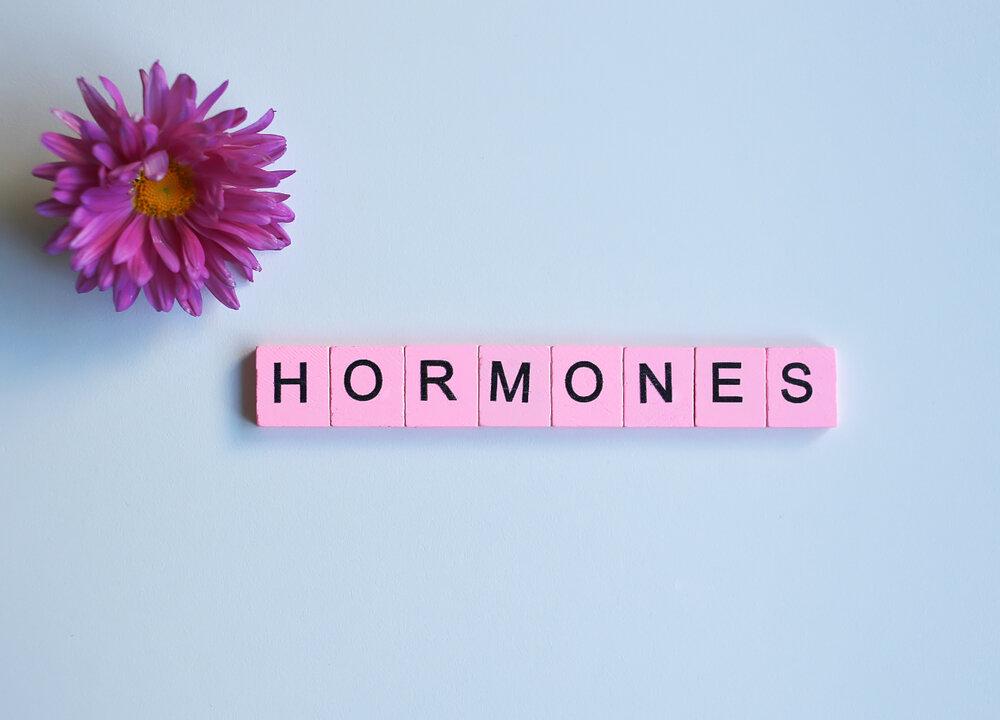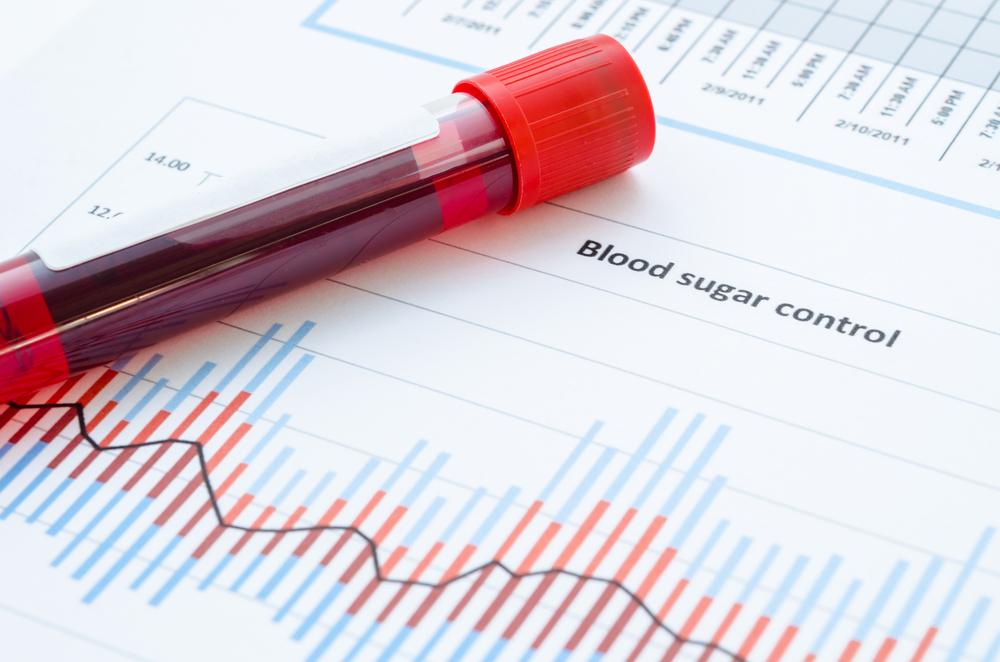Are you a baby cow?
Fun Fact: At birth, a baby cow weighs about 60-100 lbs and weighs anywhere from 450 to 700 lbs by the time it is 6-10 months old. By consuming mostly mother’s milk, baby cows grow 4+ times in size in less than a year.Now, the average person in western culture that is still consuming milk past childhood is likely NOT seeking the same goal. But let’s focus on YOU. Should YOU be drinking milk?
The Answer? It depends.
Dairy is one of the top ten most common allergens and foods people are intolerant to. However, that doesn’t necessarily mean it is inflammatory for you. Here are a few ways consuming dairy might be a problem…- Dairy allergy: Do you have an immediate immune response when you consume dairy? Symptoms could appear as headaches, migraines, hives, vomiting, digestive problems, or in severe cases, anaphylaxis.
- Food sensitivity/intolerance: This form of reaction usually results in delayed digestive symptoms such as gas, bloating, or diarrhea.
- Lactose intolerance: This is the inability to digest the sugar ‘lactose’ found in dairy products. This phenomenon is actually how things are meant to work. After a baby is weaned from the mother, they usually stop producing the enzyme to digest milk, lactase. In fact, if you do keep producing the enzyme, this is called lactase persistence.





